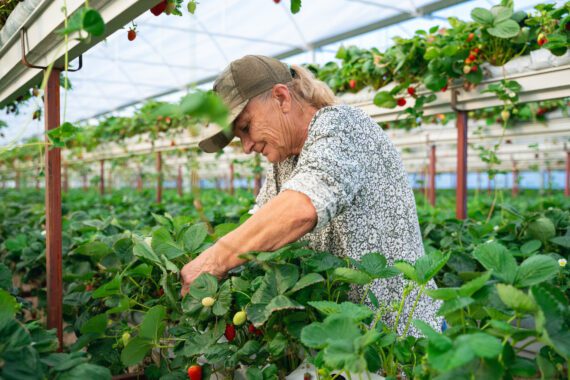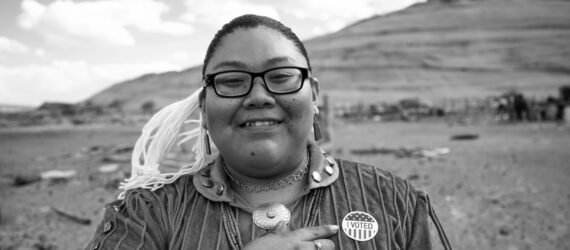By Isabel Vander Molen
It has been more than four months since the 2018 U.S. farm bill expired on September 30, 2023. Fortunately, Congress passed an extension that keeps the Supplemental Nutrition Assistance Program (SNAP) and other key provisions operating until the end of September 2024.
2023 was the warmest year on record, and evidence from the Fifth U.S. National Climate Assessment shows that the temperature of the United States is rising more quickly than temperatures in some other parts of the world. The U.S. Department of Agriculture (USDA) revised its plant hardiness map in 2023. Data showed that nearly half of the country now belongs to a different, hotter plant hardiness zone. The crops that are best suited to grow in these regions have changed since 2012. It is rapidly becoming a necessity for many farmers to transition to new food crops and farming methods as climate change poses an increasing threat to U.S. farmers, agriculture, and long-term food security.
For this reason, one of Bread for the World’s advocacy priorities for the farm bill is increased prioritization and funding for research and programs that help respond to the threat to food security posed by climate change and environmental stressors. Reducing Greenhouse Gas (GHG) emissions from the U.S. food system, which are the source of about 10 percent of total U.S. GHG emissions, is necessary to slow and then stop climate change and prevent further environmental degradation. In a changing environment, agricultural practices that contribute to resource degradation and emissions must adapt to the challenges of the future. Climate action through conservation farming practices can build agricultural resilience to climate change and limit GHG emissions.
One of the ways the farm bill can do this is through its Title on conservation. The conservation title contains programs for farmers and ranchers to voluntarily adopt environmentally sound farming practices and be compensated for financial or technical burdens that arise as a result. Conservation programs improve the quality of soil and water and protect ecosystems. These elements are essential to securing and maintaining land where people can reliably grow nutritious crops for generations to come.
In 2022, Congress approved the Inflation Reduction Act (IRA), which allocated billions of dollars to the energy, infrastructure, and agricultural sectors for the purpose of reducing and/or sequestering GHG emissions.
This IRA funding includes over $18 billion to be divided among several conservation Title programs: the Agricultural Conservation Easement Program, the Conservation Stewardship Program, the Environmental Quality Incentives Program, and the Regional Conservation Partnership Program.
Additional funding for these programs would help the U.S. make long-term investments in creation stewardship and the transformation of our food system to meet the challenges of today and the future. The IRA funding prioritizes techniques that mitigate GHG emissions, meaning farming practices that produce less emissions or even conserve carbon through natural processes.
Despite the benefits for people and the natural world of funding farm bill conservation programs, a different view of the issue argues that the IRA money should instead be diverted to the commodity titles of the farm bill. Farming is inherently an uncertain endeavor, and climate change is making it riskier and more unpredictable. To engage farmers in evidence-backed solutions that help build sustainable food systems and long-term food security, the United States needs policies and funding that enable farmers to revise some of their agricultural practices.
Although the final farm bill has not yet been passed, Bread continues to advocate for programs within it that respond to both immediate hunger and the risk of hunger in the near future in this country. The IRA funding of $18 million should remain in the conservation title programs so that the farm bill can support farmers who choose innovation—a choice that will help guarantee long-term food security in the face of climate change.
Isabel Vander Molen is a climate-hunger fellow, Policy and Research Institute, with Bread for the World.



